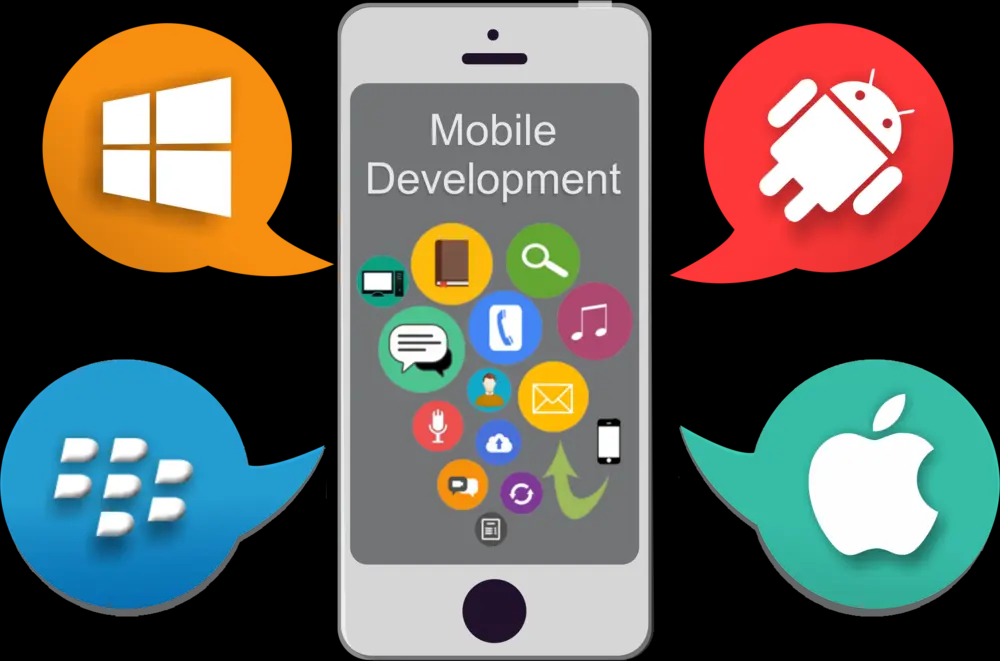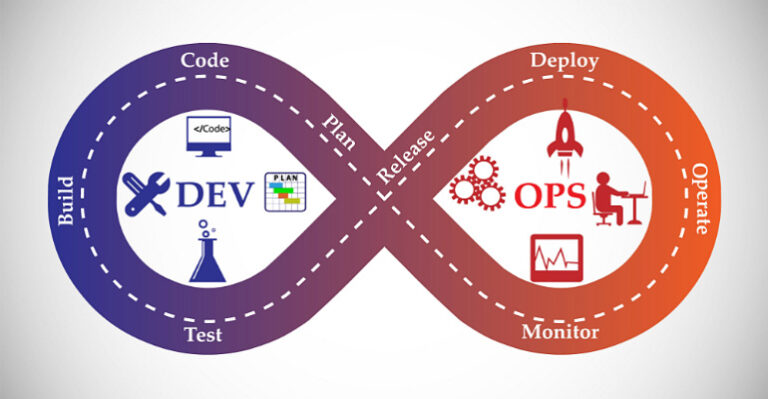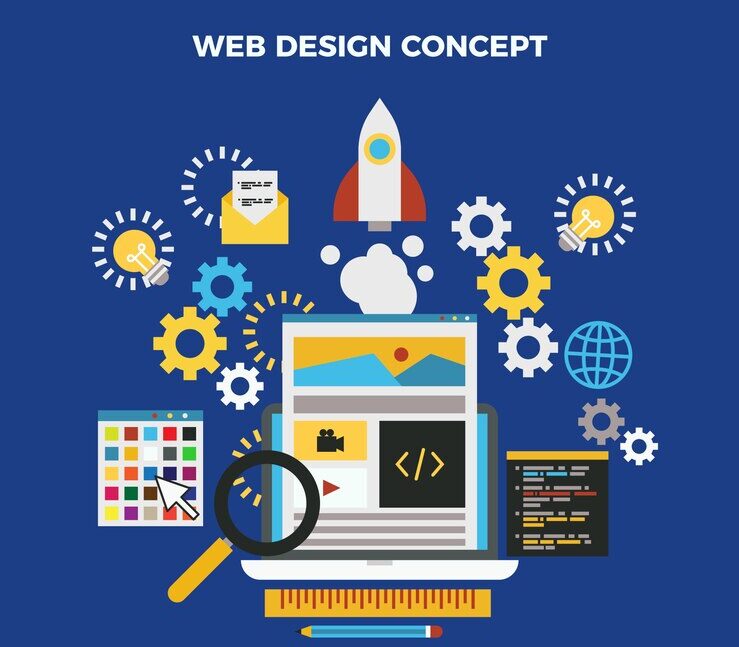The Mobile Application Development process consists of creating software applications for mobile devices. It is a rapidly growing field and there is an increasing demand for skilled professionals. You can embark on a successful career in this exciting industry by understanding the key components and technologies in Mobile Application Development. Enrolling in the Android Online Course will teach you various components of this practice. Mobile Application Development includes various aspects which are as follows:
- User Interface (UI) Design- It is useful for designing visually appealing and intuitive interfaces that are easy to navigate on small screens.
- User Experience (UX) Design- This helps in understanding the user’s needs and behaviours for creating a seamless and enjoyable experience.
- App Development- It is useful for writing the code using programming languages like Swift (for iOS) and Kotlin (for Android). It also adds the app’s features, functionality, and interactions.
- Testing and Debugging- This helps in testing the app on various devices and platforms to identify and fix bugs. Furthermore, it also ensures the app performs as expected and meets user requirements.
- Deployment- This is useful for submitting the app-to-app stores for distribution. Along with this, it also manages the app updates and maintenance.
- App Maintenance- This solution provides ongoing support and updates to address issues and improve the app’s performance. Thus, incorporating user feedback and new features.
Best Tools for Mobile Application Development
There are various Mobile Application Tools available and the choice of these tools depends on various factors. Examples are your preferred programming language, platform (iOS, Android, or both), and project requirements. Opt for the tool that perfectly suits your project requirements, team expertise, and preferences. Many institutes provide the Mobile Application Development Online Course and enrolling in them can help you learn these tools. Here are some of the most popular and effective tools for mobile app development:
iOS Development
- Xcode- This is Apple’s official IDE for developing iOS apps.
- Swift- It refers to a modern programming language for iOS app development.
Android Development
- Android Studio- This is Google’s official IDE for Android app development.
- Kotlin- This refers to a modern programming language for Android app development.
Cross-Platform Development
- React Native- This is a JavaScript framework for building native-like apps for iOS and Android.
- Flutter- It is a popular Google-backed framework useful for building native-compiled apps for iOS, Android, and the web.
- Xamarin- This is a Microsoft-owned platform for building cross-platform apps using C#.
App Development Frameworks
- Ionic- This is a hybrid app framework based on AngularJS and Cordova.
- PhoneGap- It is another popular hybrid app framework based on Cordova.
- Sencha Touch- A JavaScript framework for building HTML5 mobile apps.
App Testing Tools
- Appium- It is a popular open-source test automation framework useful for native, hybrid, and web apps.
- Espresso- This is a testing framework for Android apps.
- XCTest- This is a popular testing framework useful for iOS apps.
Backend Development
- Firebase- It is a popular Google-backed platform useful for building and scaling mobile apps.
- AWS Amplify- This platform is useful for building full-stack web and mobile apps on AWS.
- Azure Mobile Apps- This is useful for building mobile backend services on Azure.
Version Control
- Git- This is a popular version control system useful for managing code changes and collaborating with others.
Design Tools
- Figma- This refers to a popular cloud-based design tool for creating wireframes, mockups, and prototypes.
- Adobe XD- It is another cloud-based design tool for user experience and prototyping.
Code Editors
- Visual Studio Code- This is a popular code editor that supports multiple programming languages and frameworks.
- Android Studio- This consists of a built-in code editor for Android development.
- Xcode- This includes a built-in code editor for iOS development.
Conclusion
Mobile application development involves various aspects, including UI/UX design, app development, testing, deployment, and maintenance. By understanding these components and utilizing the right tools, you can effectively create high-quality mobile apps that meet user needs and achieve your business goals. The choice of tools will depend on your specific project requirements and preferences.







